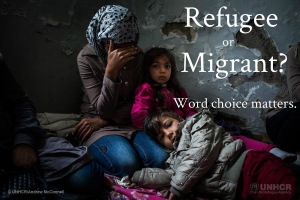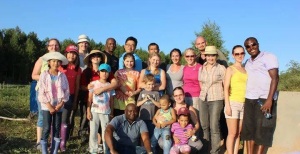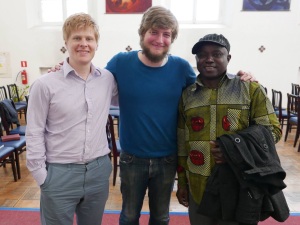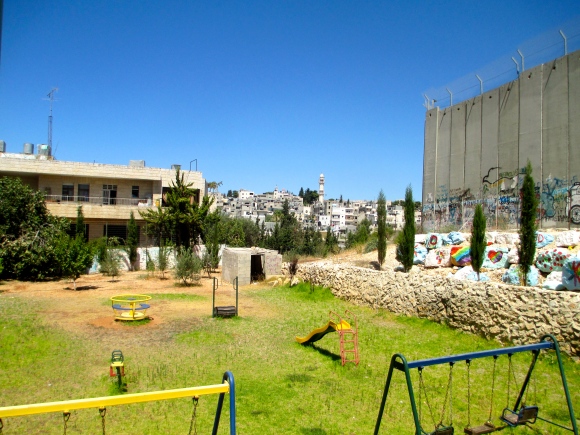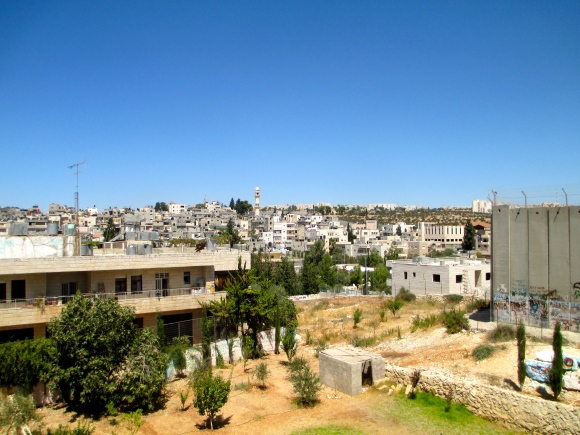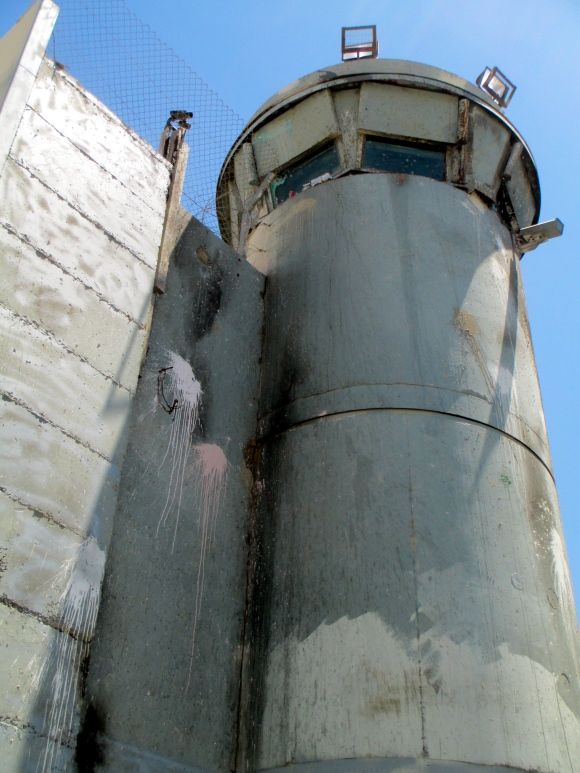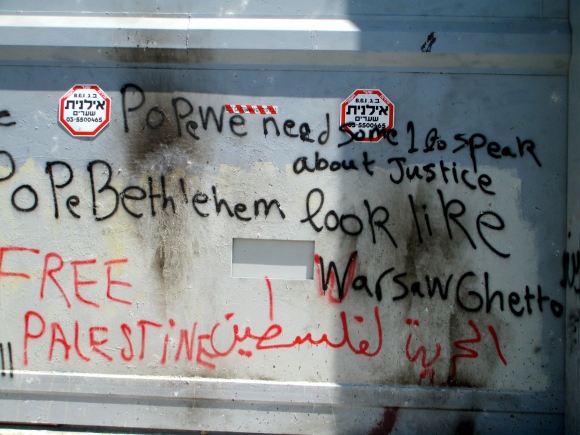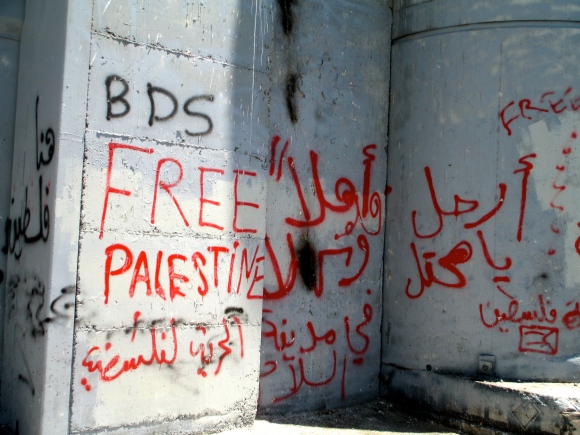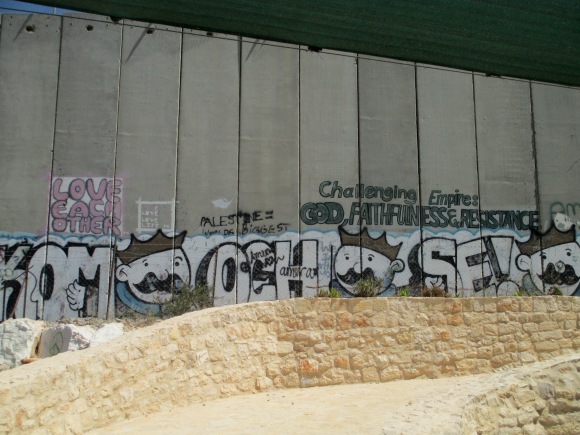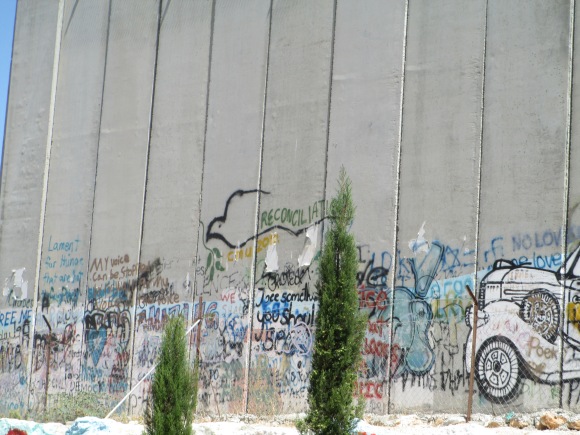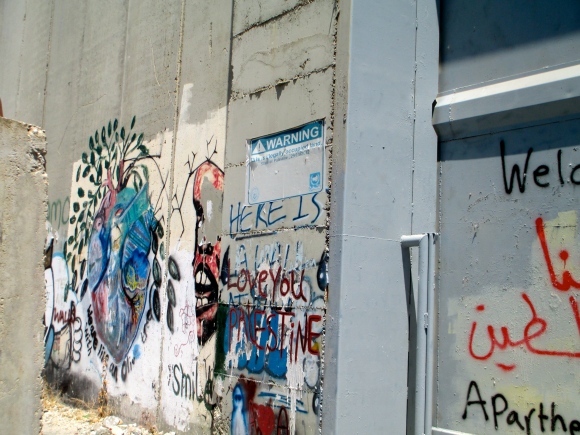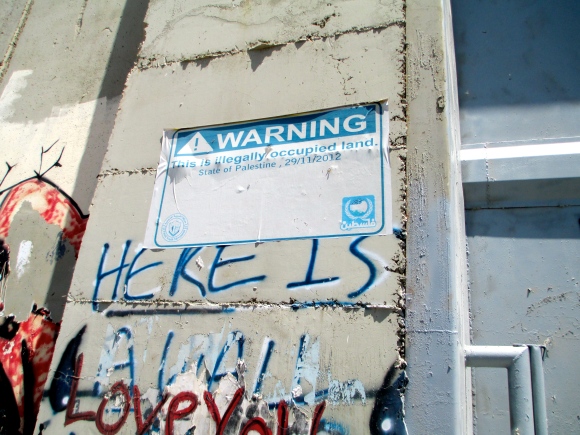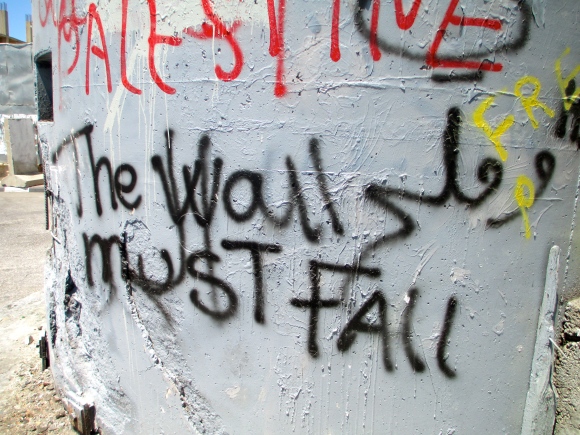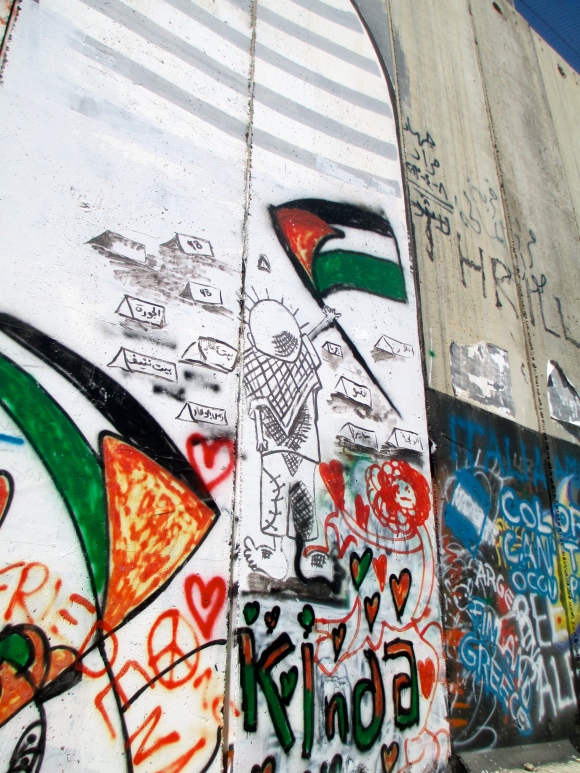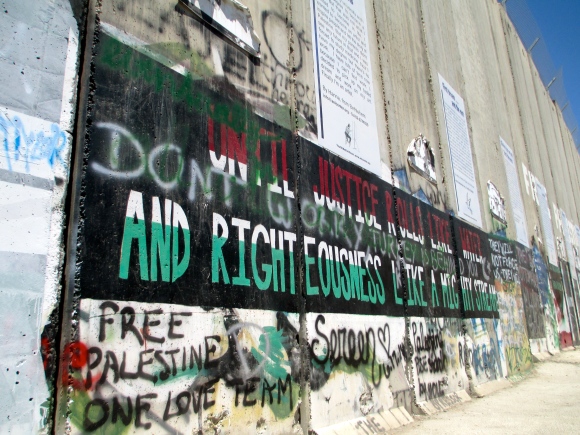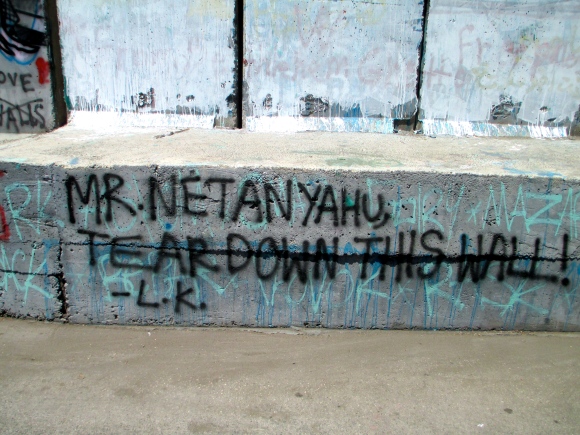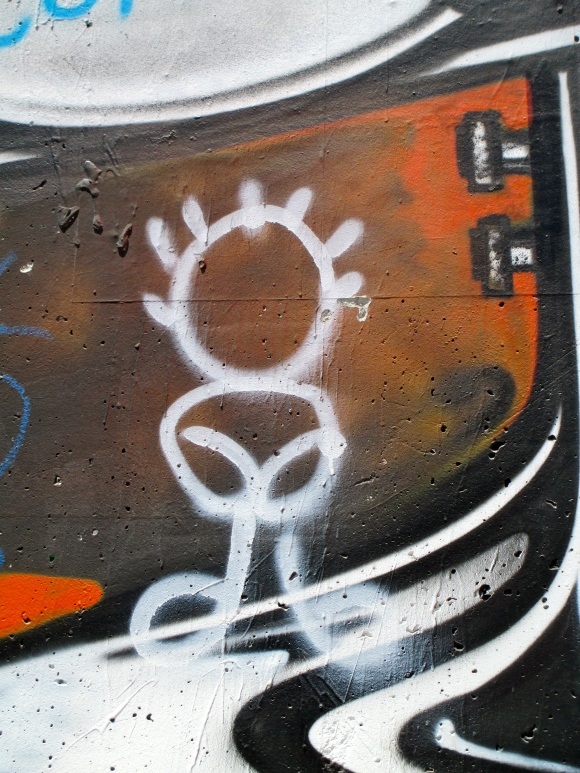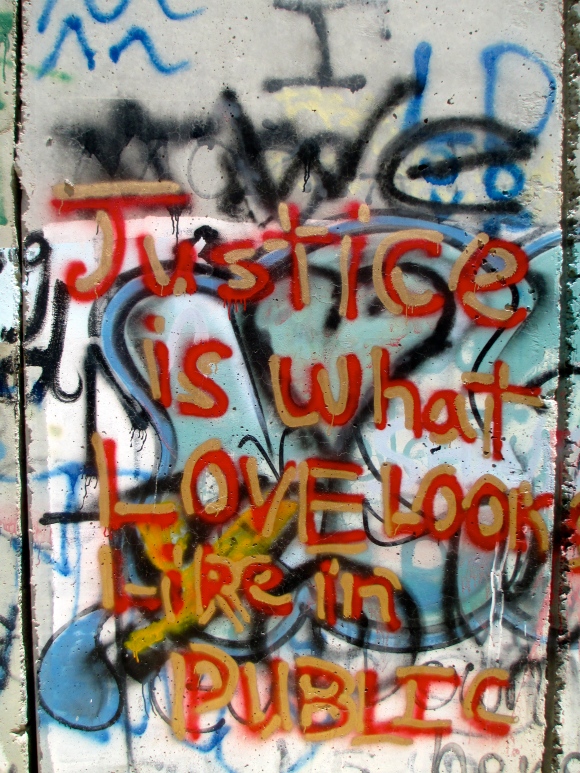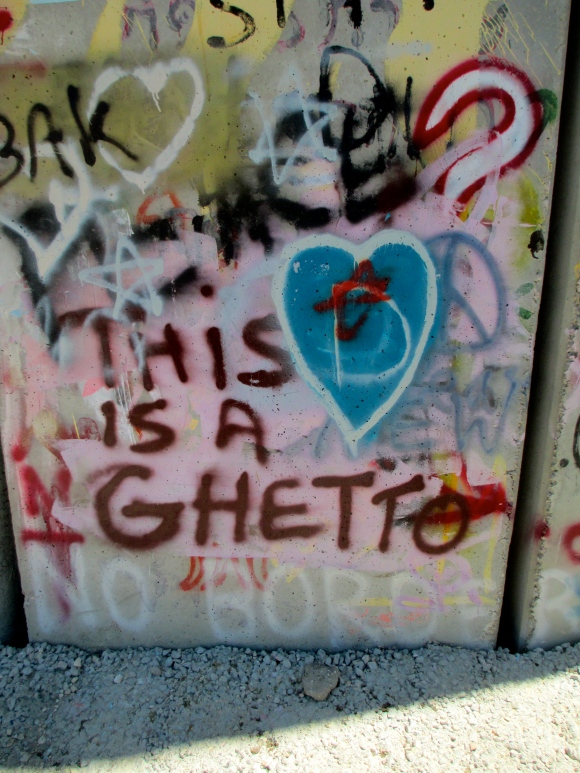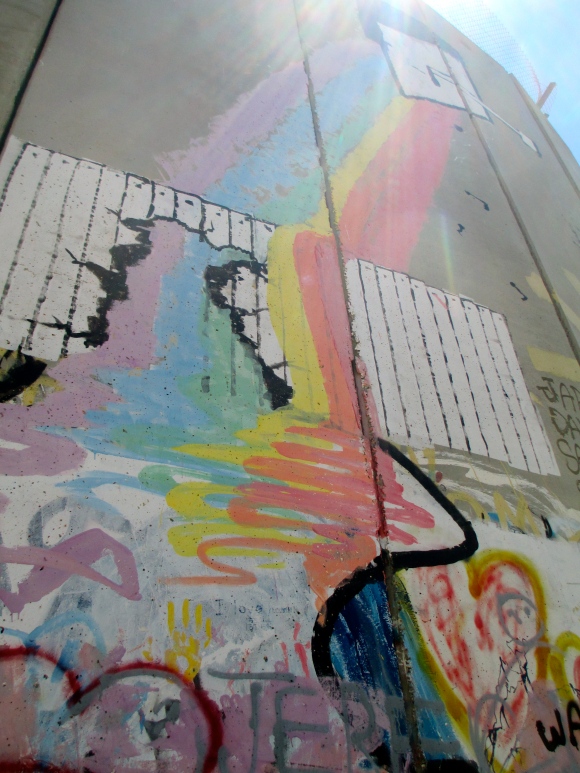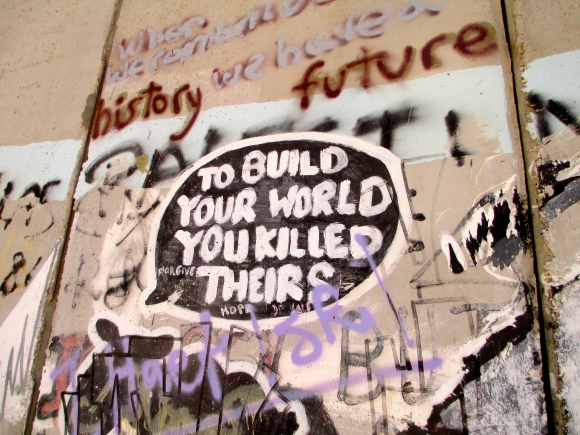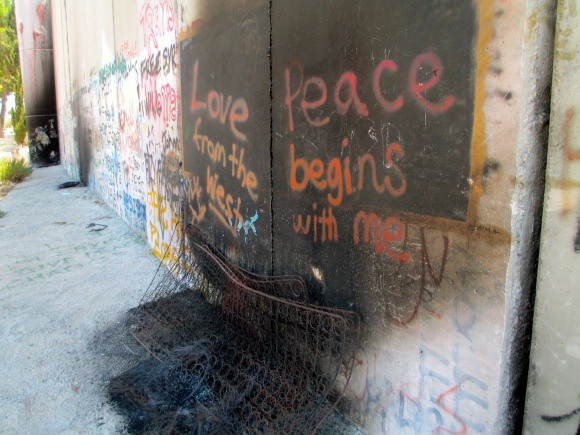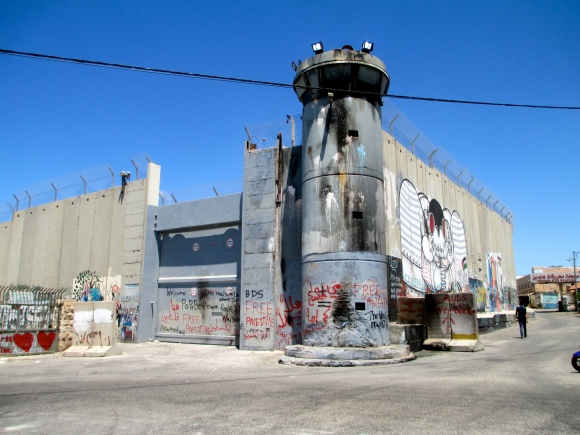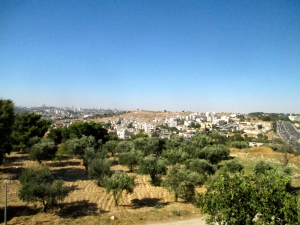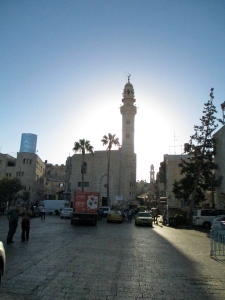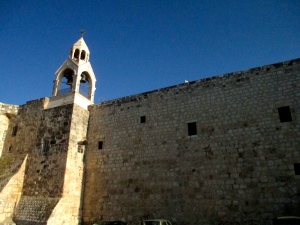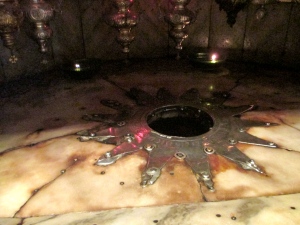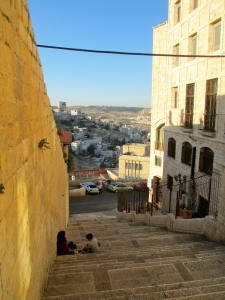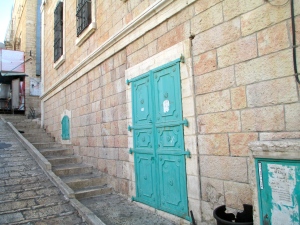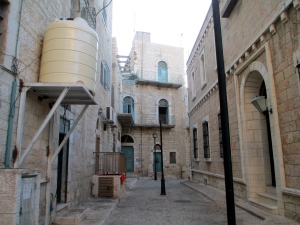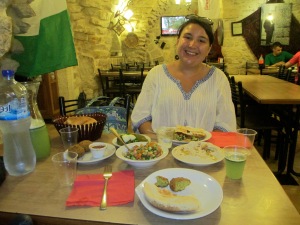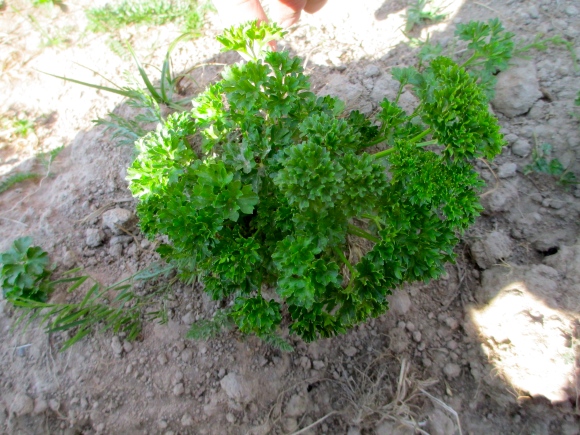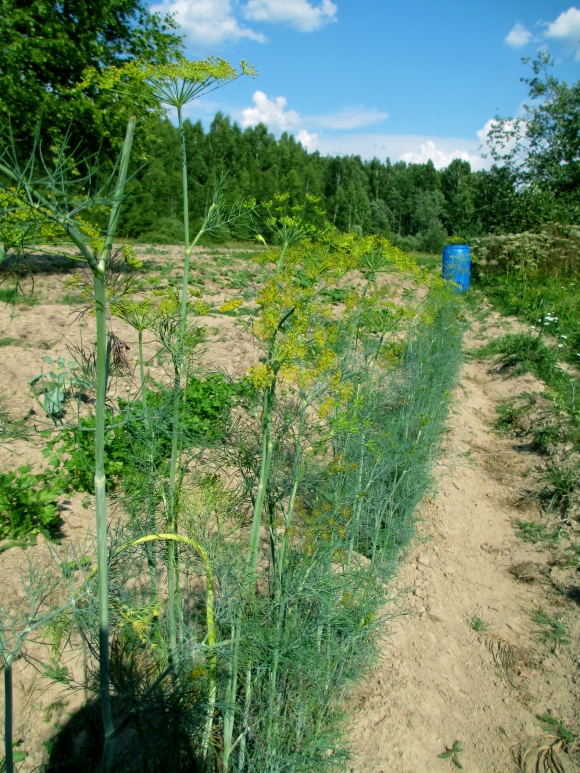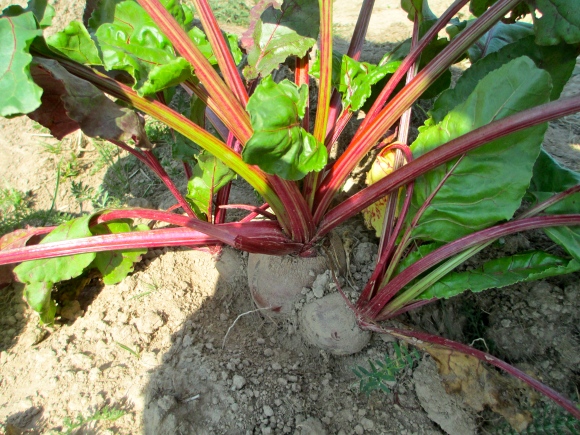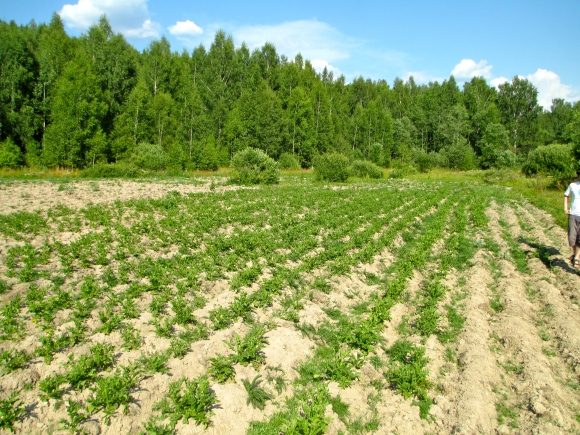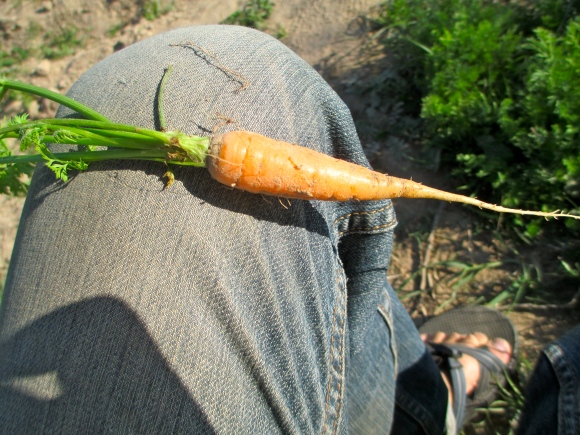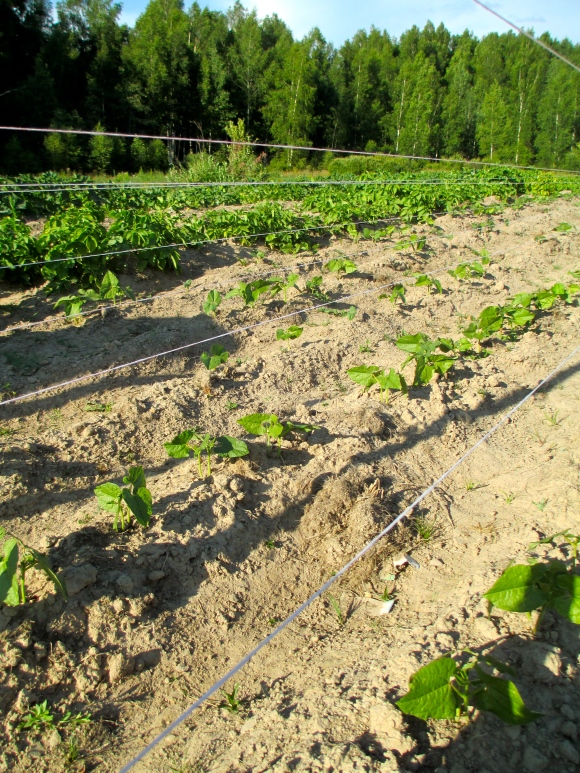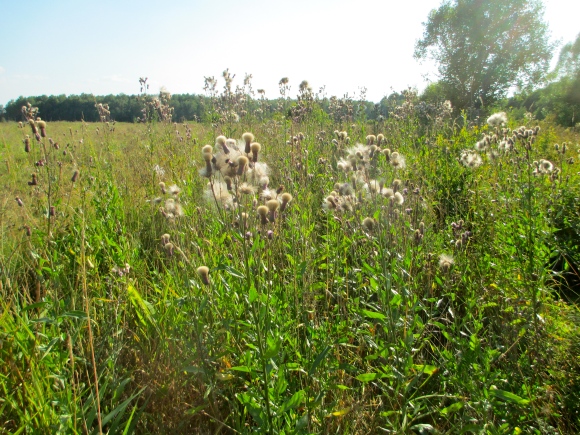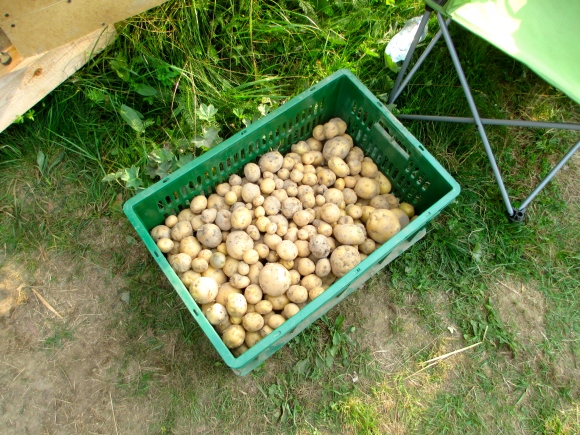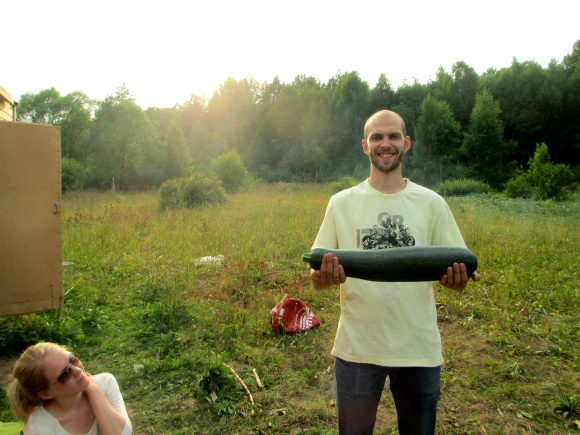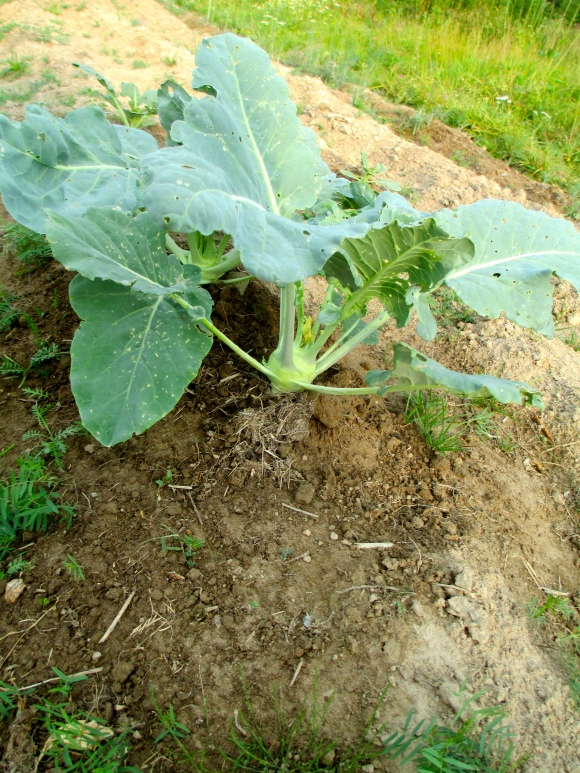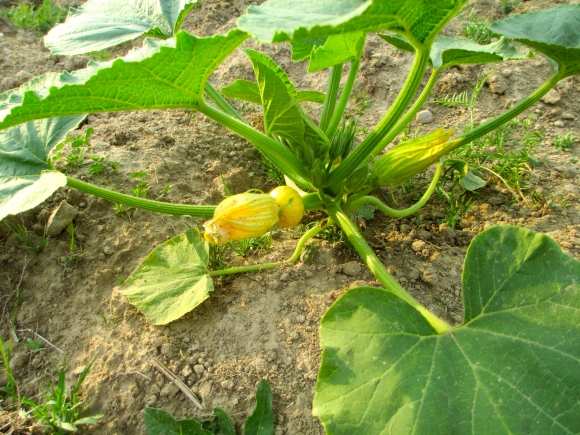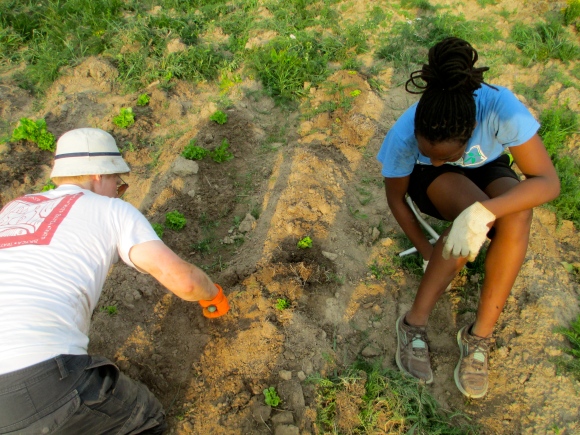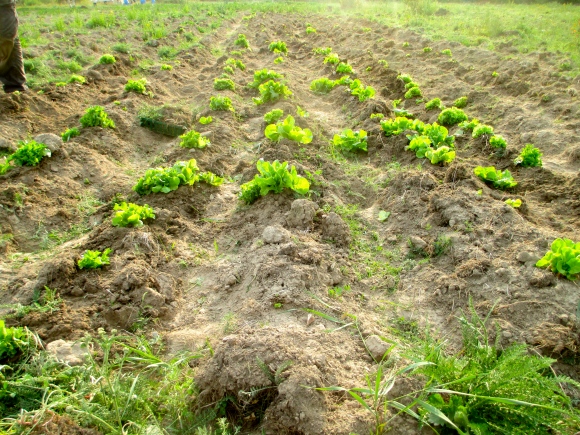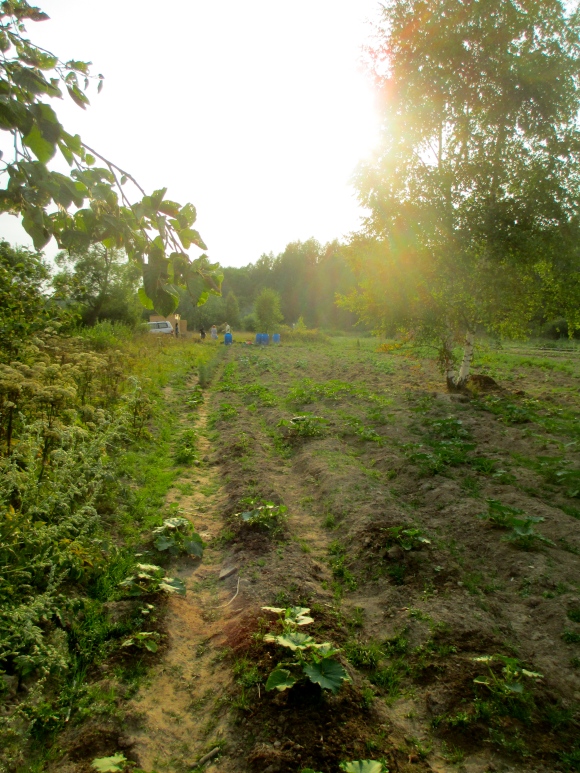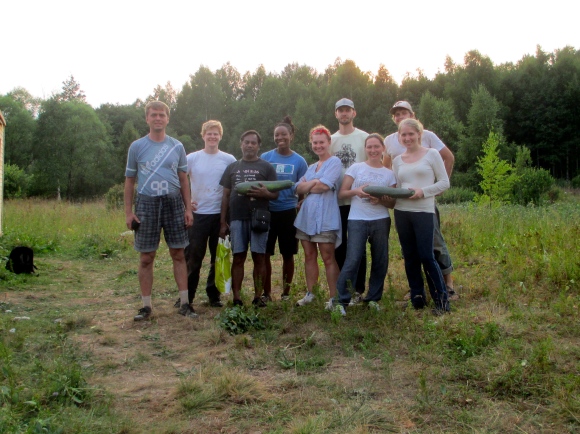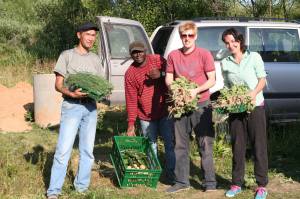Well I’ve got a new thing to add to the list of firsts. When exiting Israel, I discovered first-hand what it is like to be considered a “threat” by the Israeli military/security machine. The check in process for my flight started normal enough with three or four simple questions from the person directing travelers into the appropriate lines. The woman was polite, friendly, and even wished me a happy birthday!
(These also happened to be the last kind words I heard for the remainder of my interactions with security officers in Ben Gurion International Airport)
Next up was a forty-something guy standing behind the Aeroflot ticket counter. He wasn’t particularly rude or unhelpful; he was just very…Russian. Kurt responses, a stone face, and a slight irritation at having to talk to me in my crappy Russian language. After a bit of back-and-forth, I was finally handed my boarding passes and directed towards security.
This next part requires a little background information in order to make any sense. One of the things that happens as soon as you go through the first security checkpoint is that you are “sorted” into one of six categories based on the potential threat that you represent to the airport. 1 is the lowest threat level and 6 is the highest. I spoke with Grace (the Global Mission Fellow working in Bethlehem), and was told to expect a 5. She said that anyone with connections to Palestine is more or less put into the second highest category and would be subject to additional screening.
She also told me that I don’t have to worry about getting a “6” because the number is reserved for members of Al-Quida and the like. Flash back to this evening.
As I got ready to enter security, I noticed that I had been given a 5 (no surprise there), and I was instantly directed to a special screening area off to the side. I took off my shoes and belt, emptied my wallet, slid my bag through the scanner, and walked through the metal detector. Nothing beeped, I was handed back my belt and wallet, and I thought to myself that this whole thing took a lot shorter than I had expected.
(Or not…)
The security woman than took my bag and began to dig through it with a purple-gloved hand, shifting things aside and asking me if I was carry anything sharp that could be seen as a weapon. I said “of course not, ma’am” and flashed a smile, but apparently this southern boy’s charm doesn’t do much for Israeli women.
“Sir. What is this”
I looked up and she was holding a couple of brochures that I had strategically placed amidst my wad of dirty clothes. One was an information booklet about the Wi’am Institute in Bethlehem, a Palestinian Christian organization that engages in conflict resolution work and has an office directly next to one of the “hot” points on the Wall. These folks advocate for non-violence and are about as far from a threat as can be, but to the Israeli government they are seditious troublemakers.
The second brochure was a copy of the Kairos Palestine document printed in a handful of languages with resources for political advocacy. The original Kairos statement was drafted by faith leaders in response to Apartheid in South Africa, and the Palestinian version is quite similar in its approach. It is signed by Christians of all different stripes, and very clearly outlines why people of faith should care about the human rights abuses taking place in Gaza and the West Bank.
“Oh, those are from one of the organizations that the United Methodist Church works with. I haven’t really read through them yet.”
Now it is true that the pamphlets were from a ministry sponsored by the UMC, but it wasn’t exactly true that I didn’t know what they were about. Actually, I know the Kairos Palestine statement quite well and picked up a copy so that I could better familiarize myself with the language. I hoped that my little white lie would be enough to appease them, but had no such luck.
“Sir, leave your baggage and step over to that station there”
“Shit”
Next thing I know, a new sticker is being placed on my passport as all of the contents of bag get dumped onto a table. I’m now a number 6. A new woman walks up and explains to me that because of security concerns they will have to search through my luggage more thoroughly. Every inch of fabric was swabbed by cloths to detect explosives, my belt and wallet were taken away again, and the real interrogation began.
“Why are you really here in Israel?”
“Why are you going to Russia with an American Passport?”
“Why would you go to the West Bank/Bethlehem?”
“What do you intend to do with these documents when you return to Russia? “
“Who sent you to Israel?
After about 10 minutes, the new women finally walked away and the next guy in the security hierarchy walked up to take over about 10 minutes later. He explained that he is the security supervisor on duty and that he would need to ask me a few questions.
“Do you have any ties with people or organizations that would want to cause Israel harm?”
“Did you meet with any people in the West Bank who would want to harm Israeli citizens”
Oh God, what did I get myself in to. Finally, the man said that I could advance to the next section and I thought that the whole ordeal was finally over. I happened to glance over to where my luggage had been taken and realized that the internal frame of my backpack had literally been taken apart, and that a security worker was sifting through the contents of a bag of couscous and a half kg bag of za’atar that I had planned on bringing back to Moscow with me.
“Sir, we need to give you a full body scan”
Seeing as this has become the norm in most US airports, I knew the deal and wasn’t too worried. The scan happened, the lights turned green, and I was told to step back out of the scanner.
“Sir, please unroll your sleeves and the cuffs of your jeans and then reenter the scanner”
Round two had the same results as the first.
“Sir, the way your shirt is tucked in is obscuring the scanner. I am going to need to physically check your person.”
I got pat down rather roughly, and then before I knew what’s happening he was sticking his hands in my pants and feeling around the waistline of my jeans. After finding nothing, he told me to step back into the scanner, and the results came back the same as the first two times.
At this point I realized that if they weren’t going to let me through, clothing would be coming off in some back room and my relationship with the Israeli security folks would go to a whole new level. Fortunately, they decided that over an hour of searching through my things was enough and that I wasn’t actually dangerous. They let me repack my bag, and as I left the checkpoint I sent a message to Grace recounting the whole ordeal.
She asked me if I had been accompanied to my gate by security personnel, and when I told her that I hadn’t she said that it was odd for a 6 to not been accompanied. This piqued my curiosity a bit, so I decided to be a little more vigilant about paying attention to my surroundings.
It turns out that there was a man in civilian clothing who happened to follow me from the food court to my gate, and then from my gate to another gate where I was able to find a power outlet, and then back to my gate. He never overtly engaged with me and I can’t say with 100% certainty that I wasn’t just being paranoid, but he was never more than 20 feet away from me from the point I first noticed him until the point at which I got on my plane.
As I’m sitting here on the plane playing over everything that happened in my head, the absurdity of the situation has started to sink in. Ultimately, the whole ordeal cost me a little over an hour of stress, 1 kg of couscous, and ½ kg of za’atar.
But the fact that all that it took to transform me from friendly traveler to highest-level security threat was a pamphlet about a Palestinian faith-based organization committed to non-violent conflict resolution and a statement signed by Christians all over the world calling for an end to human rights abuses in the Occupied Palestinian Territories is more than a little scary. The fact that the only time during my entire trip in which I was concerned with my personal well being was when I was in the custody of the Israeli security folks says even more.
And if being tangentially connected to Palestine was enough to garner such a response, I can’t help but think about how much more hellacious it must be for Arab men and women.
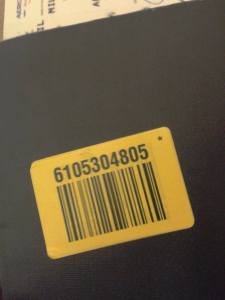
The ^ at the beginning of the string of numbers on this sticker denotes the threat level. (I even got a special star on mine!)
